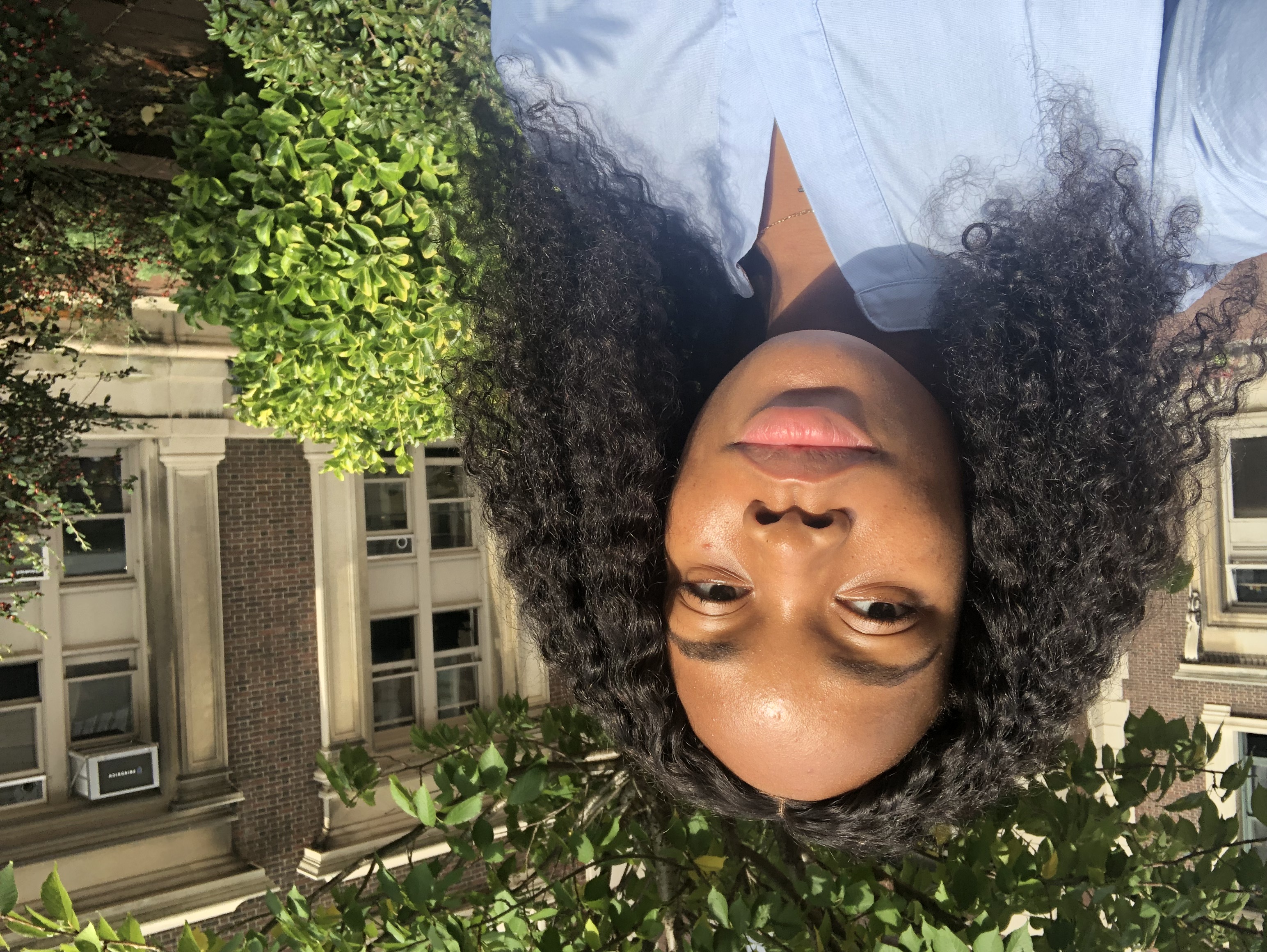Oppression and Resilience Minority Health
Racial discrimination, stress, and mental health outcomes: The effects of acculturation in a sample of Black college students
(PS6-D96) Racial Discrimination, Stress, and Mental Health Outcomes: The Effects of Acculturation in a Sample of Black College Students
- CM
Carlos R. Melendez, Jr., B.A., Other
Post-Baccalaureate
University of Maryland, College Park
Silver Spring, Maryland - EF
Eduardo Figueroa, None
Undergraduate Research Assistant
University of Maryland- College Park
College Park, Maryland - YW
Yuqi Wang, B.S.
Clinical Psychology PhD Student
University of Maryland- College Park
Silver Spring, Maryland 
Loretta Eboigbe, B.A.
Clinical psychology PhD student
University of Maryland, College Park
College park, Maryland- LE
Lauren E. Eagan, M.P.H.
Kinesiology PhD Candidate
University of Maryland- College Park
College Park, Maryland - SR
Sushant Ranadive, M.S., Ph.D.
Assistant Professor
University of Maryland- College Park
College Park, Maryland - FT
Fanita A. Tyrell, Ph.D.
Assistant Professor
University of Maryland- College Park
College Park, Maryland
Author(s)
Co-Author(s)
Exposure to psychosocial stress can contribute to poor mental health outcomes (Juster et al., 2010). This is particularly relevant in ethnic/racial minority groups who are exposed to unique stressors such as discrimination and acculturative stress (Bernard et al., 2021). Acculturation, the process of integrating into a new culture, has been linked to internalizing symptoms (Choy et al., 2021; Hun et al., 2021). Unfortunately, most of the literature on acculturation, stress, and internalizing symptoms rarely include Black individuals. Drawing on the tenets of the culturally informed adverse-childhood experience framework (Bernard et al., 2021), this study addresses the gaps in the literature by examining the associations among perceived stress, discrimination, acculturation, and anxiety symptoms within a sample of Black college students.
The current sample includes 42 Black young adults from immigrant backgrounds (Mage 19.52, Female = 64.3%). Participants are a part of an ongoing study focusing on sociocultural stressors and health outcomes. During study sessions, participants provided demographic information and completed a mental health survey. To measure racial discrimination, perceived stress, acculturation, and anxiety symptoms, participants completed the Racial and Ethnic Microaggresions Scale (Nadal, 2011), Perceived Stress Scale (Cohen & Williamson, 1998), Bicultural Identity Integration Scale (Huynh, Benet-Martinez, & Nguyen, 2018), and the General Anxiety Disorder-7 Scale (Spitzer, et al., 2006).
Moderation analyses was conducted using in SPSS PROCESS macro v4 (Hayes, 2018). To test the effect of acculturation on the association between psychosocial stress (racial discrimination and perceived stress) and anxiety symptoms. Results from preliminary analyses showed that acculturation and perceived discrimination were positively associated (r=.32, p=.04), whereas perceived stress was marginally and negatively associated with acculturation (r=-.30, p=.06). Racial discrimination was negatively associated with anxiety (r=-.29, p=.05). An interaction between racial discrimination and acculturation showed a significant effect (b = -.54, p=.01) on anxiety symptoms. These patterns of results were not found for perceived stress. Given that data collection is ongoing at the time of submission, future analyses will test the moderating effect of acculturation on the associations among these psychosocial stressors and anxiety with a larger sample of Black college students.

